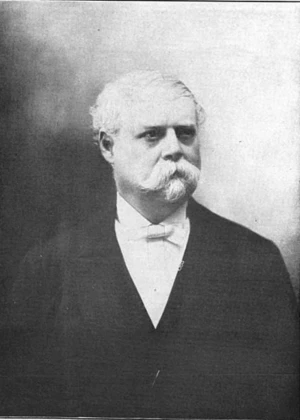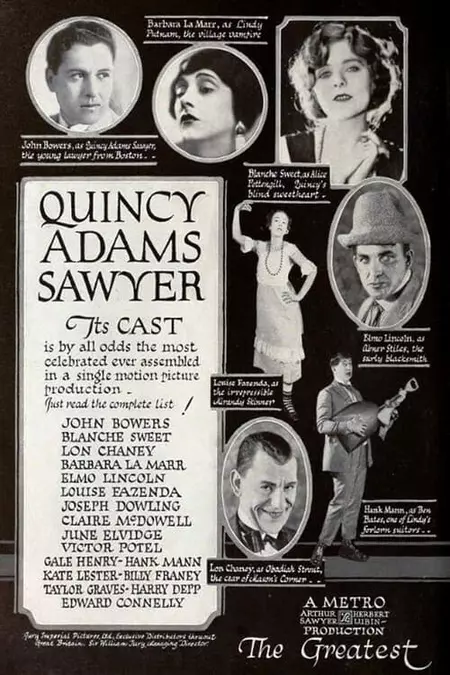Biography
(No Information)
Filmography
all 1
Movies 1
Writer 1
Information
Known ForWriting
GenderMale
Birthday1844-11-11
Deathday1923-06-03 (78 years old)
Birth PlaceRoxbury, United States
CitizenshipsUnited States
This article uses material from Wikipedia.
Last updated:
 Charles Felton Pidgin
Charles Felton Pidgin- Filmography
- Information
